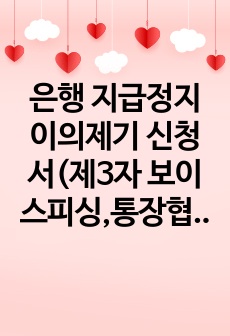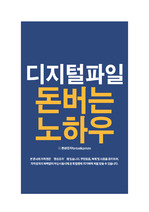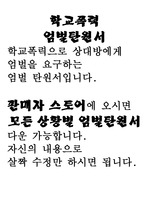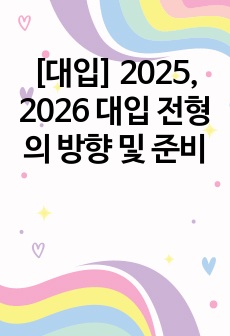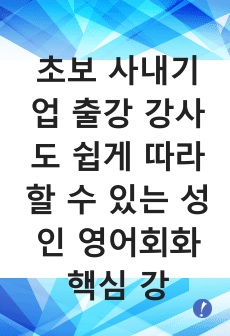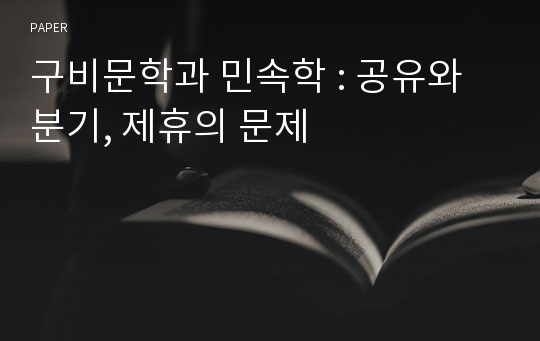* 본 문서는 배포용으로 복사 및 편집이 불가합니다.
서지정보
ㆍ발행기관 : 한국구비문학회
ㆍ수록지정보 : 구비문학연구
ㆍ저자명 : 천혜숙
ㆍ저자명 : 천혜숙
목차
1. 구비문학, 국문학과 민속학의 접점2. 민속학사의 배경에서 본 구비문학의 위상
3. 구비문학의 민속학적 연구
4. 학제적 연구의 전망
한국어 초록
구비문학이 당당히 문학으로서 제 자리를 인정받게 된 것은 국문학 연구의 역사에서 하나의 커다란 혁신이었다고 할 수 있다. ‘구비’와 ‘문학’이라는 의미상의 모순을 무릅쓰고 복합,통용되고 있는 ‘구비문학’의 용어를 이제 그 누구도 어쩌지 못한다. 축자적으로는 ‘문학’이 아닌 것을 ‘문학’이라 명명하게 된 것부터 혁신이라 할 만하다.이 시점에서, 구비문학을 문학의 원천으로 인식하였거나, 또는 그것의 문학성을 조심스럽게 운위하고 있는 선학의 글들을 다시 읽어 보는 것은 감회가 적지 않다. 예컨대, 설화를 ‘문학 이전의 문학 혹은 문학의 種’으로 보고 국문학사에 중요하게 관여한 민속학의 맥락으로 읽은 김택규, 그리고 ‘조선조까지의 한국문학사는 민속문학과 창작문학의 다층적 혼융의 과정’이라고 본 김열규의 글을 들 수 있다.
영어 초록
Sharing some of the research field with oral literature, the Korean literature and folklore study have a closer relation with each other. This relation seems to have been based on the role played by the former for the latter's development until the folklore study has gained its academic status since the Korean Liberation in 1945. Thus, the early study in the folklore area naturally focussed on oral literature, folklore play, and folk religion, resulting in a group of scholars of folklore literature, or literary folklore who played the role faithfully.Since 1960's, there emerged several academic associations and research institutes worthy of their names, among which Andong National University established the folklore department at the graduate and undergraduate level. This has made it possible that the study of folklore has been an independent field on its own from the supplementary position to the study of Korean history or literature. In spite of all this, it is still skeptical whether it has consolidated its own share of study or not. Especially in the field of oral literature, it is a serious situation if viewed from the folklore study, that Korean literature and folklore study have in common the same research history and researchers. In spite of the fact that the folklore study has begun in the situation where it was unavoidable to share with oral literature, now it is the time to invest the efforts to assure its independence by directing to distinct research methods and objectives.
To complement the above efforts, it is necessary to clarify the points at which sharing, splitting, and merging have begun. First of all, whenever the oral literature that the two fields share is at issue, the task is to find out how the approach justifies its academic identity and objectives. From the standpoint of Korean literature, the oral literature should be dealt with in terms of 'literature as folklore.' but from the standpoint of folklore, it should be in terms of 'folklore as literature.' The first should result in ethnography or folklore history, not in the characteristics or history of literature. At the same time, the approaches to study should be revalidated or rediscussed. Consquently, it should be our task to establish the approaches and objectives through the eyes of folklore study.
The questions such as, "How should we describe the ethnography of literature ?" or "Can we really explore the folklore history by means of oral literature?", would not be so simple as it seems. In other words, the play fields(as of story telling, songs, or plays), transmission fields, and the community should be the very foundation of description, and furthermore, oral literature should be noted as the act of literature and narratives performed in everyday life of the community, and this must be 'the reading' from the narrative culture in the particular community.
But the communities have undergone drastic changes through industrialization and urbanization, hence it has become difficult to find the spots where the act of oral literature is alive. Some field studies were prevailing in 1970's, but they were, in general, nothing but the data recorded on the spot to be only superficial study of oral literary works; they could not 'read' from the living literary texts and from the narrative culture of the community. At this time of difficulties, it is no exaggeration if we say that we have come to realize 'the missing' of the approaches. Now it is never too late to reconstruct the fields with the help of old people in their 70's or 80's, and with those frames, we should make an effort to 'read' the present variation and variables.
In this way of the two being splitted, they can be in continual complement in research. Ultimately, the two sides can sit at the same table to clarify human, society, and culture. This merging table will be sure to contribute not only to re-establish the Korean studies but also explain the history of national culture and people's life.
참고 자료
없음"구비문학연구"의 다른 논문
 구비문학과 대중매체 문화 : 고전재담과 현대 전파매체 공간의 재담을 중심으로43페이지
구비문학과 대중매체 문화 : 고전재담과 현대 전파매체 공간의 재담을 중심으로43페이지 구비문학을 통한 문화연구 방법20페이지
구비문학을 통한 문화연구 방법20페이지 신화 연구방법의 모색을 위한 성찰 : 뒤메질의 비교신화학과 레비-스트로스의 구조적 연구를 중심으로44페이지
신화 연구방법의 모색을 위한 성찰 : 뒤메질의 비교신화학과 레비-스트로스의 구조적 연구를 중심으로44페이지 新羅神話의 形成과 新羅上古史의 한 단서36페이지
新羅神話의 形成과 新羅上古史의 한 단서36페이지 三國遺事 所載 說話의 史料的 가치30페이지
三國遺事 所載 說話의 史料的 가치30페이지 <손 없는 색시>설화의 신화적 성격과 심리학적 접근35페이지
<손 없는 색시>설화의 신화적 성격과 심리학적 접근35페이지 구비문학과 분석심리학24페이지
구비문학과 분석심리학24페이지 동아시아 창세신화의 세계인식과 철학적 우주론의 관계37페이지
동아시아 창세신화의 세계인식과 철학적 우주론의 관계37페이지 구비문학과 철학의 상관성38페이지
구비문학과 철학의 상관성38페이지 구비문학과 텍스트과학 : 방법론적인 관련 가능성을 중심으로32페이지
구비문학과 텍스트과학 : 방법론적인 관련 가능성을 중심으로32페이지










